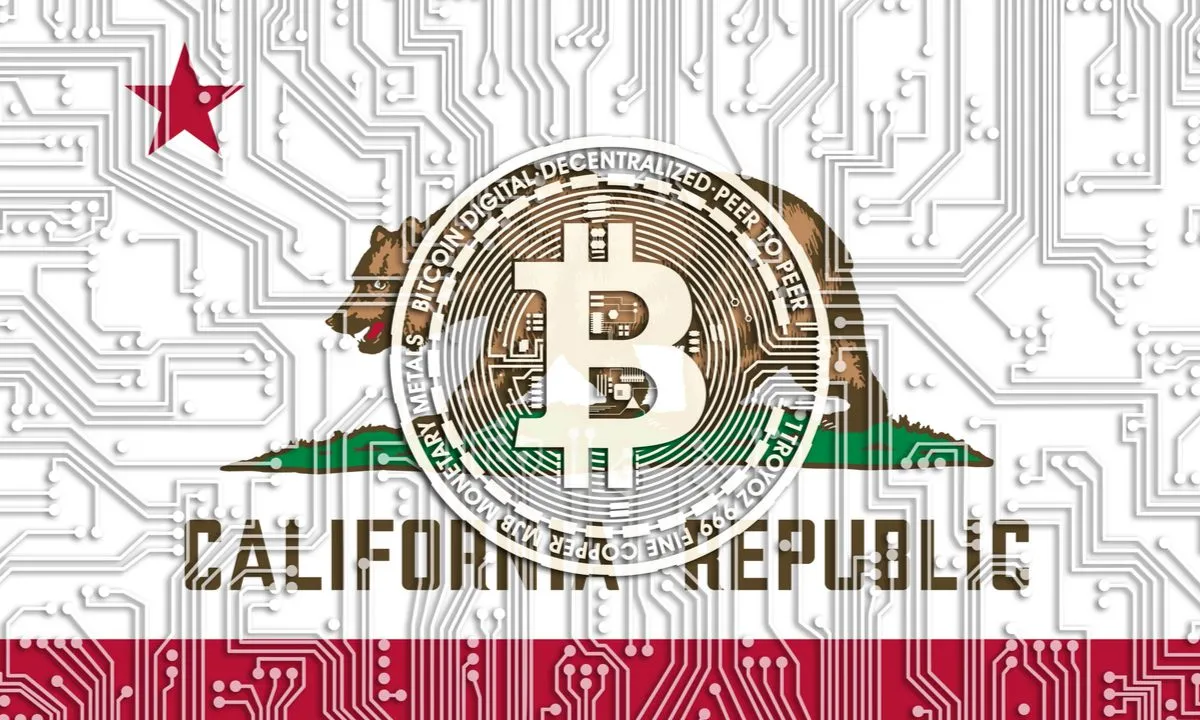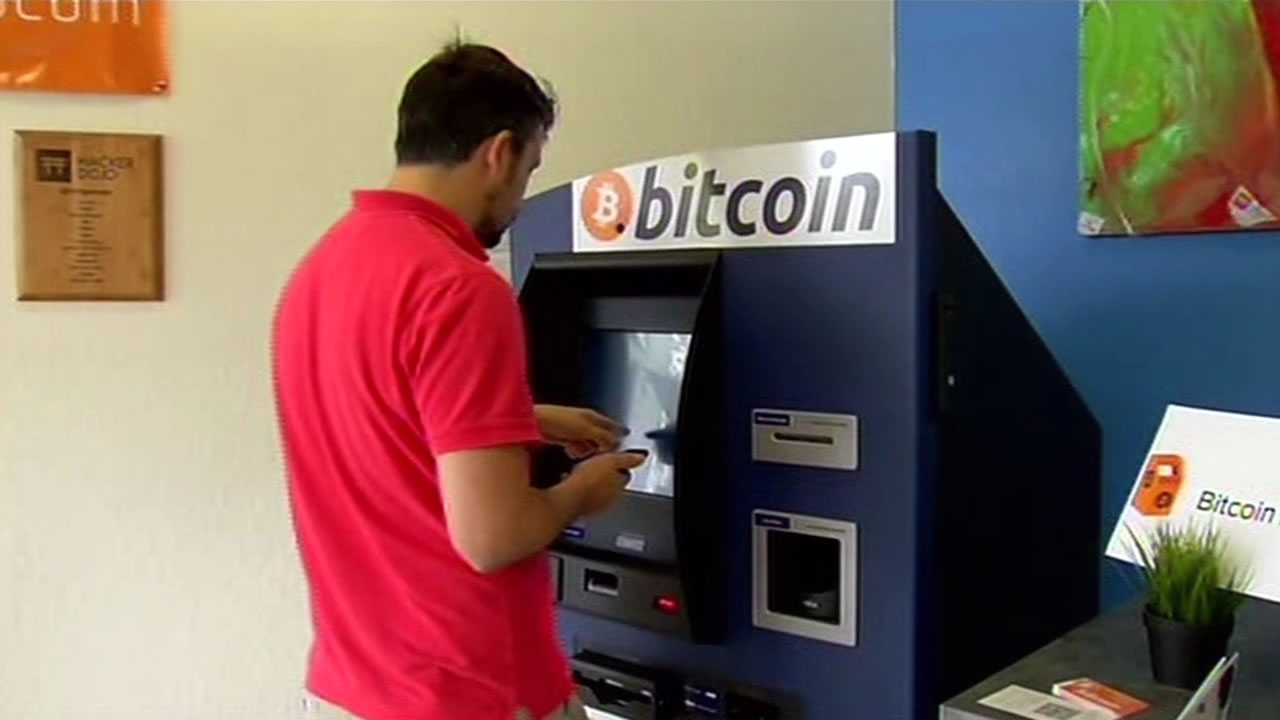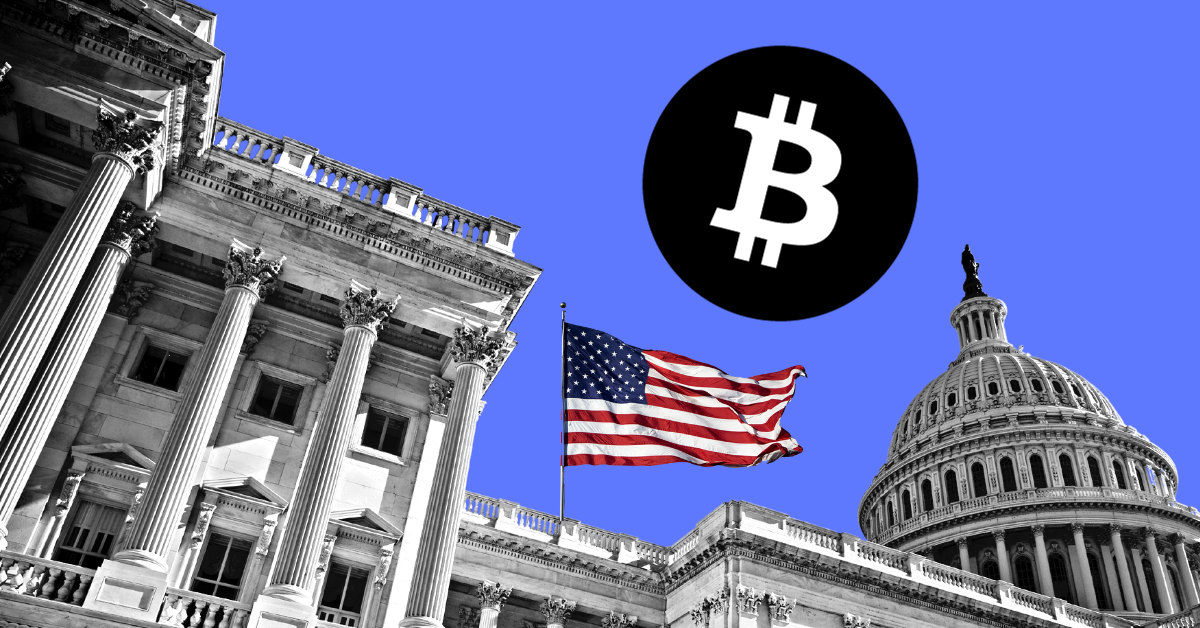Understanding the New Bitcoin and Crypto Regulation in California
Bitcoin and crypto regulation in California have become more stringent with the new Digital Financial Assets Law (DFAL), effective July 1, 2025. This article explores how DFAL affects licensing, compliance, and consumer protection for digital asset businesses. Whether you run a crypto exchange, issue stablecoins, or use digital assets, understanding these regulations is crucial for operating legally in California.
Key Takeaways
- California’s Digital Financial Assets Law (DFAL), effective July 1, 2025, establishes a comprehensive regulatory framework for digital financial asset businesses, including licensing and oversight by the Department of Financial Protection and Innovation (DFPI).
- The DFAL mandates stringent licensing requirements for digital financial asset businesses, with exemptions for certain entities like banks and companies providing non-financial services. The application process includes detailed compliance disclosures and background checks.
- DFAL emphasizes consumer protection, requiring businesses to provide clear disclosures about fees and risks, maintain transaction records for at least five years, and adhere to stringent reporting requirements. Special regulations apply to stablecoin issuers and digital financial asset kiosks.
Overview of California’s Digital Financial Assets Law

The Digital Financial Assets Law (DFAL) marks a significant regulatory milestone for the digital asset market in California. Enacted to provide a comprehensive framework for licensing and oversight, the law aims to ensure consumer and investor protections while empowering the California Department of Financial Protection and Innovation (DFPI) with rulemaking authority. Engaging in digital financial asset business activities without meeting the DFAL criteria and obtaining the necessary license is prohibited.
The DFAL’s scope is extensive, encompassing various digital financial business activities conducted with or on behalf of California residents. This regulation is designed to cover all facets of digital financial asset transactions, including:
- Exchanging digital assets
- Transferring digital assets
- Storing digital assets
- Administering digital assets
The establishment of this framework is aimed at fostering a secure and transparent environment for digital asset activities in the state.
The DFAL, which takes effect on July 1, 2025, provides businesses with a clear timeline for aligning their operations with the new regulatory requirements. Stakeholders are given a window to prepare for compliance with the licensing and operational standards set by the DFPI.
Definition and Scope
At the heart of the DFAL is the definition of a digital financial asset. A non-legal tender digital representation of value serves as a medium of exchange, unit of account, and store of value. It is not considered as official currency. The definition specifically excludes rewards points and value used solely within online game platforms, ensuring that consumer loyalty programs and in-game currencies are not unnecessarily burdened by the regulation. This distinction helps to differentiate digital representations from other forms of digital assets.
The scope of digital financial business activity under DFAL, including digital financial asset administration, is broad, covering actions such as financial asset business activity:
- Exchanging digital financial assets
- Transferring digital financial assets
- Storing digital financial assets
- Holding electronic precious metals or electronic certificates representing interests in precious metals on behalf of another person
- Engaging in any digital financial asset involved activities
- Dealing with a digital financial asset offered
- Conducting a digital financial asset transaction
This all-encompassing approach guarantees that all important aspects of digital financial asset transactions, including money transmission, are regulated, thereby fostering a secure and dependable digital asset market.
Key Dates and Implementation Timeline
Public comments on the DFAL were invited by January 12, 2024, providing stakeholders with an opportunity to contribute to the finalization of the regulations. The law officially takes effect on July 1, 2025, giving businesses ample time to prepare for compliance. Such a timeline is pivotal to facilitate a seamless transition to the new regulatory environment and allows businesses to adjust their operations in line with the DFAL’s comprehensive framework.
Licensing Requirements for Digital Financial Asset Businesses

One of the cornerstone elements of the DFAL is its licensing requirement for digital financial asset businesses. To operate legally in California, businesses involved in digital financial asset transactions must meet stringent criteria, including maintaining surety bonds and adhering to capitalization requirements. These measures have been put in place to protect consumers and verify that businesses uphold the financial integrity necessary for responsible operations.
Who Needs a License?
Entities conducting digital financial asset business activities with California residents must obtain a DFAL license from the Department of Financial Protection and Innovation (DFPI). However, exemptions exist for certain entities, including banks, trust companies, and credit unions, as determined by federal or California regulators.
Additionally, the following entities are exempt from licensing requirements:
- Merchants accepting cryptocurrency as payment
- Entities facilitating personal crypto transactions
- Service providers offering data storage or security services without engaging in financial asset business activities.
Application Process
Applying for a DFAL license involves:
- Submitting detailed information about the business’s operations and compliance measures
- Disclosing business continuity and disaster recovery policies
- Undergoing background checks for directors and top executives
- Maintaining a surety bond or trust account to ensure financial integrity.
The DFPI has set a deadline of July 1, 2025, for virtual currency service providers to either apply for a license or restrict their business activities in California.
Conditional Licenses
Businesses holding a BitLicense or similar approval from New York, granted before January 1, 2023, may qualify for a conditional license under the DFAL. This provision allows entities with existing licenses from other states to operate in California, provided they demonstrate substantial compliance with California’s standards. However, the specific details regarding conditional licensure remain somewhat ambiguous and are expected to be clarified as the DFAL is implemented.
Consumer Protection and Disclosure Obligations
The DFAL places a strong emphasis on consumer protection, introducing extensive consumer disclosure requirements to ensure transparency and accountability. Licensees must adhere to these disclosure requirements and maintain comprehensive records of their transactions and activities for at least five years.
Designed to safeguard consumers, this robust framework also ensures the integrity of business operations.
Required Disclosures
Licensees under the DFAL must inform consumers of their rights, fees, and associated risks before engaging in any digital financial asset transactions. This includes disclosing the terms and conditions of their services, any fees or charges, and liability for unauthorized transactions.
These comprehensive consumer disclosure requirements are essential to fully inform consumers, enabling them to make educated decisions about their digital financial activities.
Record-Keeping and Reporting
In addition to disclosure requirements, the DFAL mandates stringent record-keeping standards. Licensees must maintain detailed transaction records for at least five years and adhere to annual reporting requirements, which include financial statements and compliance reports.
Under certain circumstances, special reports might be demanded to guarantee continuous compliance and protection for consumers.
Stablecoin Regulations

Stablecoins, digital assets pegged to the U.S. dollar or another national currency, are subject to specific regulations under the DFAL. The law requires stablecoin issuers to be licensed and to maintain eligible securities against the outstanding stablecoins to ensure stability and consumer protection.
Permitted Stablecoin Activities
Stablecoin activities are permitted if the issuer is:
- an applicant
- a licensee
- a bank
- a trust company holding eligible securities
The DFPI has the discretion to approve which stablecoins can be exchanged, transferred, or stored, based on factors like the rights provided to holders and the quality of assets held by the issuer.
Issuer Requirements
Stablecoin issuers must be licensed by the DFPI and maintain eligible securities with a market value at least equal to the value of the outstanding stablecoins. This requirement guarantees that stablecoin issuers are financially fortified enough to sustain their operations and safeguard consumers.
Implications for Digital Asset Exchanges

Digital asset exchanges operating in California must comply with the DFAL, which introduces rigorous requirements for risk assessments and security classifications. The law mandates that exchanges conduct comprehensive risk assessments to evaluate the potential of digital assets being classified as securities.
Risk Assessment and Security Classification
Exchanges are required to conduct risk assessments to determine the potential for a digital financial asset to be classified as security under federal or California law. It entails the implementation of security programs and due diligence on assets prior to their listing for exchange.
Impact on Mergers and Acquisitions
Major acquisitions or changes in control involving digital asset exchanges necessitate prior DFPI approval. This extra layer of scrutiny guarantees that:
- Consumer protection is not compromised
- Market integrity is not compromised
- Mergers and acquisitions are closely monitored to ensure compliance with regulations.
Regulation of Digital Financial Asset Kiosks

Digital financial asset kiosks must adhere to specific regulations under the DFAL. Operators are required to report their kiosk locations to the DFPI and comply with daily transaction limits and fee restrictions.
Transaction Limits and Fee Restrictions
Starting January 1, 2024, kiosk operators must:
- Not dispense or accept more than $1,000 per customer per day via kiosks
- Report their kiosk locations to the DFPI
- Update the list within 30 days of any changes.
Mandatory Disclosures
As of January 1, 2025, kiosk operators are required to:
- Furnish pre-transaction disclosures, including transaction amounts and fees
- Provide detailed receipts for each transaction
- Ensure that such disclosures are clear, noticeable, and provided in the language employed in advertisements or customer negotiations.
Special Considerations for Game Publishers
The DFAL has specific implications for game publishers, particularly those issuing in-game tokens that can be exchanged for cash or digital assets. Comprehension of these regulations is pivotal for compliance.
Licensing Requirements for In-Game Tokens
In-game tokens in online games may be considered digital financial assets if they can be exchanged for fiat currency outside the game platform. Game publishers must obtain a license under the DFAL if their tokens fall under this definition.
Compliance Guidelines
Game publishers should assess their in-game token activities to determine if they fall under the DFAL’s scope and prepare for compliance by July 2025. This involves evaluating the use of tokens within their games and aligning their operations with the new regulations.
Enforcement and Penalties
The DFPI has extensive enforcement authority under the DFAL, including the power to issue cease and desist orders, impose administrative penalties, and appoint a receiver for assets.
This guarantees adherence to the law and consumer protection.
Enforcement Proceedings
The DFPI can initiate enforcement actions, including investigations, hearings, and orders to prevent further violations. They can also impose administrative penalties and seek injunctive relief against non-compliant entities.
Penalties for Non-Compliance
Non-compliance with the DFAL can result in fines, business restrictions, and potential license suspension or revocation. These measures aim to secure business adherence to the law and consumer protection.
Preparing for Compliance
To comply with the DFAL, businesses need to:
- Conduct a rigorous assessment of their activities
- Set up a solid compliance infrastructure
- Keep abreast of regulatory updates
- Consult with legal experts to guide them through the intricacies of the new regulations.
Evaluating Business Activities
Companies must review their operations to determine if they fall within the scope of the DFAL. This includes assessing the types of digital assets handled and the nature of digital financial business activities conducted.
Entities engaging in virtual currency business activity should start evaluating their compliance needs ahead of the DFAL’s effective date in July 2025.
Steps to Obtain Licensure
To obtain a DFAL license, businesses need to:
- Gather the necessary documentation and information required for the application.
- Review the DFAL and implement operational changes.
- Submit a completed application form to the DFPI.
- Set up a comprehensive compliance program to conform to the new licensing requirements.
Governor Newsom has encouraged the DFPI to clarify any ambiguities in the DFAL’s implementing regulations, which is essential for businesses to comprehend their obligations and get ready for compliance. By consulting with legal and compliance experts, businesses can smoothly navigate the application process and guarantee they meet all requisite criteria.
Summary
The Digital Financial Assets Law represents a significant regulatory shift for digital asset businesses in California. By understanding the definitions, licensing requirements, consumer protection measures, and specific regulations for stablecoins and digital asset exchanges, businesses can prepare for compliance and operate with confidence. As the landscape continues to evolve, staying informed and proactive is crucial for success in the digital asset market.
Frequently Asked Questions
Is crypto regulated in California?
Yes, crypto is regulated in California with a new law coming into effect on July 1, 2025 imposing licensing requirements and penalties for noncompliance.
What is the Digital Financial Assets Law (DFAL)?
The Digital Financial Assets Law (DFAL) is a comprehensive regulatory framework in California that governs digital financial asset business activities, ensuring consumer protection and providing the DFPI with rulemaking authority.
Who needs to obtain a DFAL license?
If you conduct digital financial asset business activities with California residents, you need to obtain a DFAL license, unless you are a bank, trust company, or credit union.
What are the key consumer protection measures under the DFAL?
The key consumer protection measures under the DFAL include extensive consumer disclosure requirements, record-keeping for at least five years, and annual reporting to ensure transparency and accountability.
How does the DFAL regulate stablecoins?
The DFAL regulates stablecoins by requiring issuers to be licensed and maintain eligible securities against outstanding stablecoins for stability and consumer protection.

